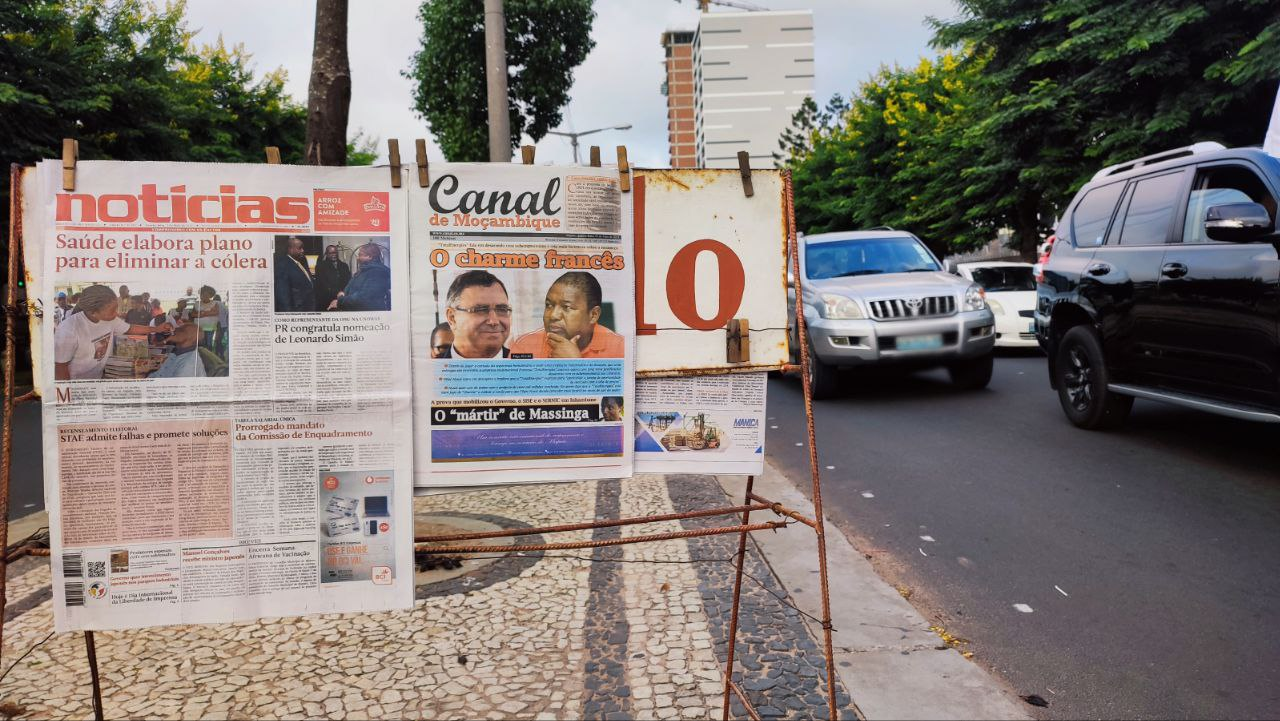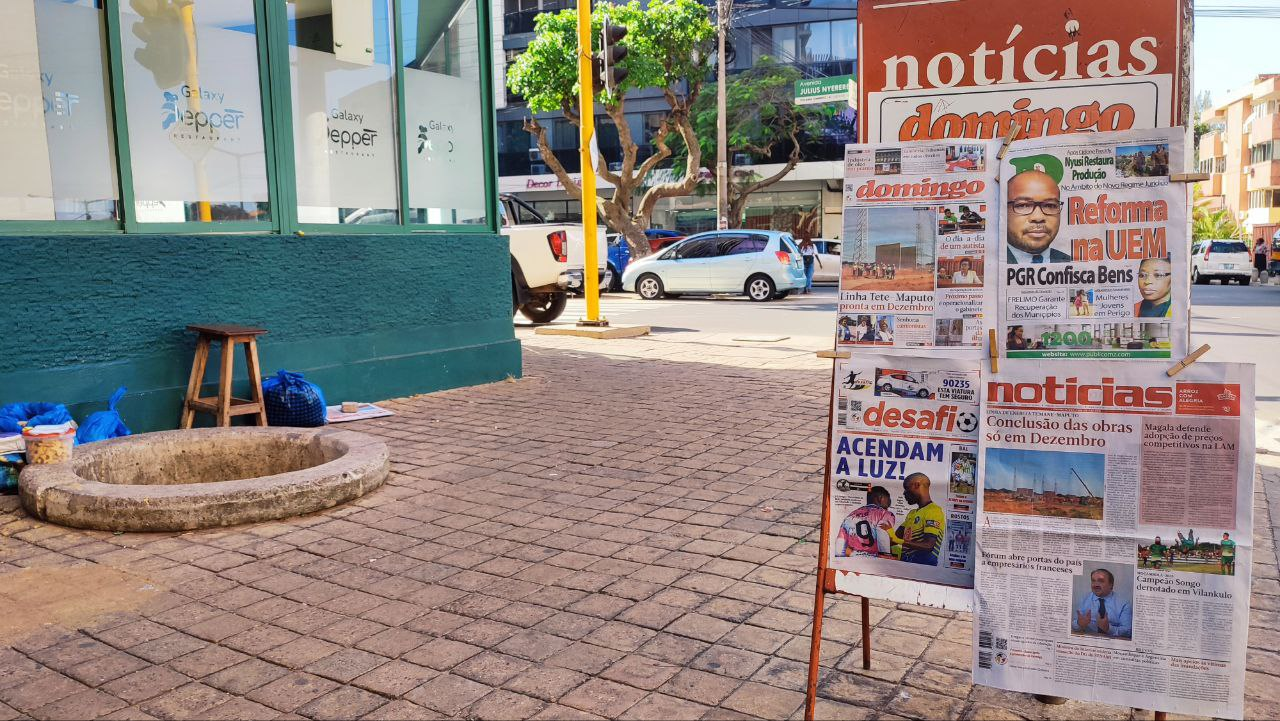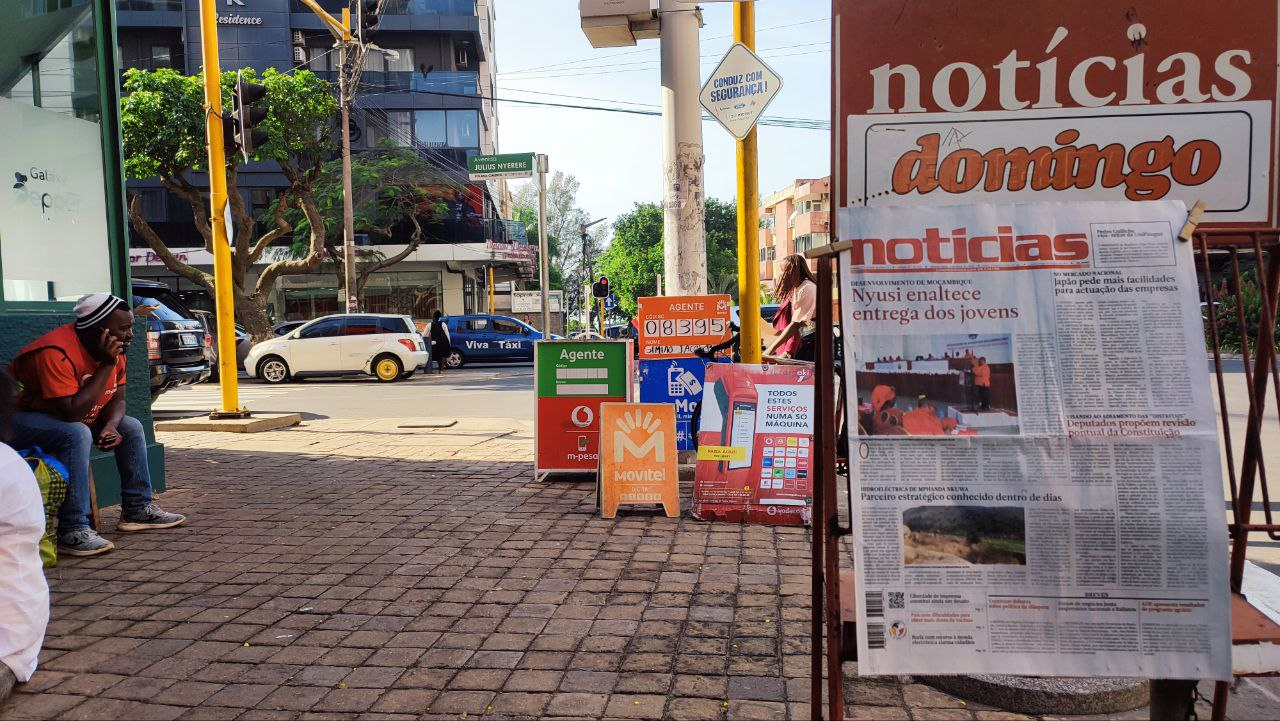Good afternoon. After months if not years of talking about it, the Mozambican government has finally managed to convert some of its public foreign debt with a sovereign lender into climate financing (see below). But it is a modest deal, amounting to $2.7m, compared to Mozambique’s total external public debt of around $10.2bn in the middle of this year. The government will need other means to unlock a significant amount of the $80bn it is seeking to finance its energy transition.
Leader article continues below for Pro subscribers. Subscribers to the Zitamar News tier can read the full leader article here.
Although other such deals may yet be announced before the end of the United Nations’ COP 28 climate change conference in Dubai next week, It is unlikely that we will see impressive amounts of debt being converted. China is Mozambique’s single biggest creditor, with $1.6bn of debt outstanding in June this year, and it has not shown willingness recently to write off the principal of its debts, although it has written off some interest. Still less does the Chinese government seem interested in extending further loans. Mozambique’s difficulty in servicing its debts to China seems to have persuaded the latter that any further lending is unlikely to get repaid.
In the face of refusal from its old socialist partner, and continuing demands for finance to pay for investment projects, the government is looking elsewhere, in particular to Middle Eastern states. Thus last month, it signed a loan agreement with the Saudi Fund for Development for $150m in loans to pay for five hospitals, a dam and the rehabilitation of the N1 highway. President Filipe Nyusi has also been seeking financing from Abu Dhabi towards repairing the N1.









